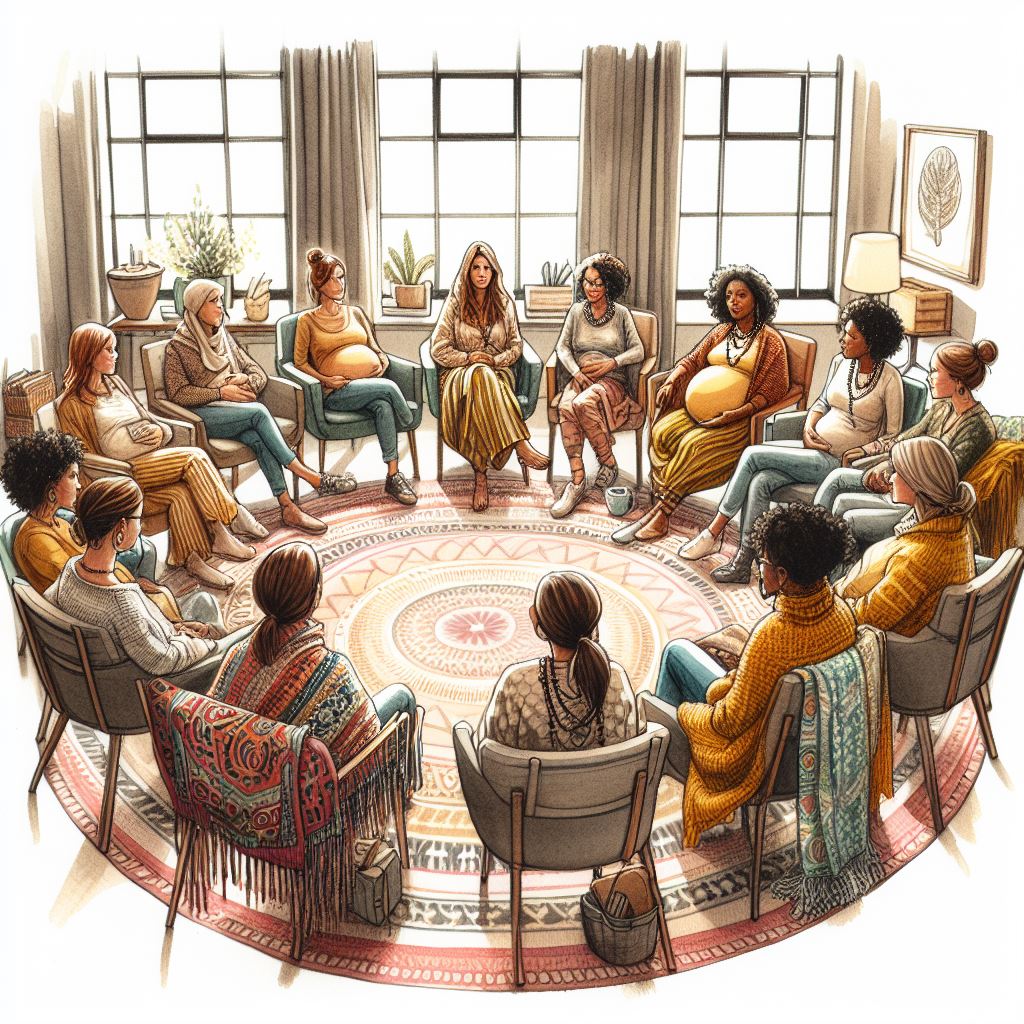New federal legislation would classify discriminatory book bans as violations of federal civil rights law.
The Books Save Lives Act would ensure public and school libraries maintain a diverse collection of authors, and would direct government officials to report on the effects of book bans on underrepresented communities.
Rep. Ayanna Pressley, D-Mass., said as a child who endured sexual abuse, she credits author Maya Angelou’s often-banned “I Know Why the Caged Bird Sings” with saving her.
“It was the first time in my life I knew I was not alone, and it helped me move forward,” Pressley explained. “When I say that books save lives, I mean that.”
More than 3,000 books were banned last school year, a 33% increase from the previous year. Backers of the bans say only parents should be able to determine the kinds of reading material their children can access.
A new report from the nonprofit PEN America showed the majority of titles banned from public schools and libraries include some topics often considered “difficult,” including racism, violence or LGBTQ-plus relationships.
Laura Schroeder, legislative affairs lead for PEN America, said as a former high school social studies teacher, she is concerned about “copycat bans,” in which titles are removed from an entire school district because another district elsewhere removed them.
“I know firsthand how much students deserve access to stories that reflect their lived experiences, but also stories that are different from their own,” Schroeder asserted.
While PEN America can track the number of book bans, Schroeder acknowledged the larger effect on public schools and institutions is harder to quantify. Supporters of the Books Save Lives Act said it will also help protect librarians, whose careers and personal reputations have increasingly come under attack as efforts to ban books grow. The bill has just been filed and has not yet been assigned a number.












